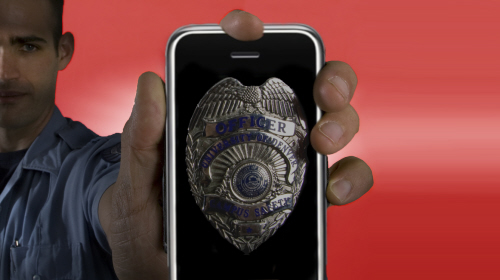New York Court Decision Highlights Yet Another Shortcoming In Nationโs Outdated Electronic Privacy Laws


A recent cell phone tracking case from New York is both a win and loss for privacy. In , police officers submitted an emergency or โexigent circumstancesโ request to a phone company asking it to ping (locate) a cell phoneโbut the court concluded that the circumstances were not exigent at all. The Stored Communications Act () permits the voluntary disclosure (without any kind of court order) of customer records to the government, but only if โthe provider, in good faith, believes that an emergency involving danger of death or serious physical injury to any person requires disclosure without delay of information relating to the emergency.โ
While the police knew the address at which a homicide suspect was likely located, the court noted, the police โdid not try to arrest him, hoping to develop a better case, which, in part, included obtaining information from defendantโs cell phone and historical cell site location information.โ The court wrote,
The People claim that pinging was permissible under the Stored Communications Act because exigent circumstances existed. This Court rejects that argument. To justify a need for GPS information as an exigent circumstances, there must be an โimmediate danger of death or serious bodily injury.โ . . . The pinging here was sought to permit the investigators to locate defendantโs cell phone; under these facts, clearly not an exigent circumstances.
This is good news. If the government is going to rely on an exception to the law that permits the government to locate people without court orders, then there needs to be an actual emergency.
Unfortunately, the Court then went on to conclude that the police officersโ misuse of the Stored Communications Act was irrelevant because that Act provides no statutory suppression remedy prohibiting the evidence gathered through that misuse from being used in court. And, the court held, neither the federal Fourth Amendment nor its New York State analog (Art 1, Sec. 2) provide protections against cell phone trackingโmeaning that a constitutional violation could not be the basis for suppressing the improperly collected tracking data, either.
The importance of this case is that it highlights the problems caused by the lack of any statutory suppression remedy at all in one of our nationโs principal electronic privacy laws, the Stored Communications Act. The lack of a suppression remedy weakens the SCAโs legal protections to the point of meaningless.
There ought to be some penalty for the police when they misrepresent the facts to a phone company in order to skip judicial oversight of this invasive surveillance power. The SCA is supposed to protect privacy by requiring the government to go to a judge to get approval to access customer data, a process that was completely circumvented by the police in this case. The SCA should forbid the police from relying on evidence they gather based on unsubstantiated claims of exigency, and should additionally provide for suppression whenever the police gather evidence in violation of the SCA.
As policymakers in Washington consider , this lack of a suppression remedy is an important flaw that they should include as part of that modernization process.

